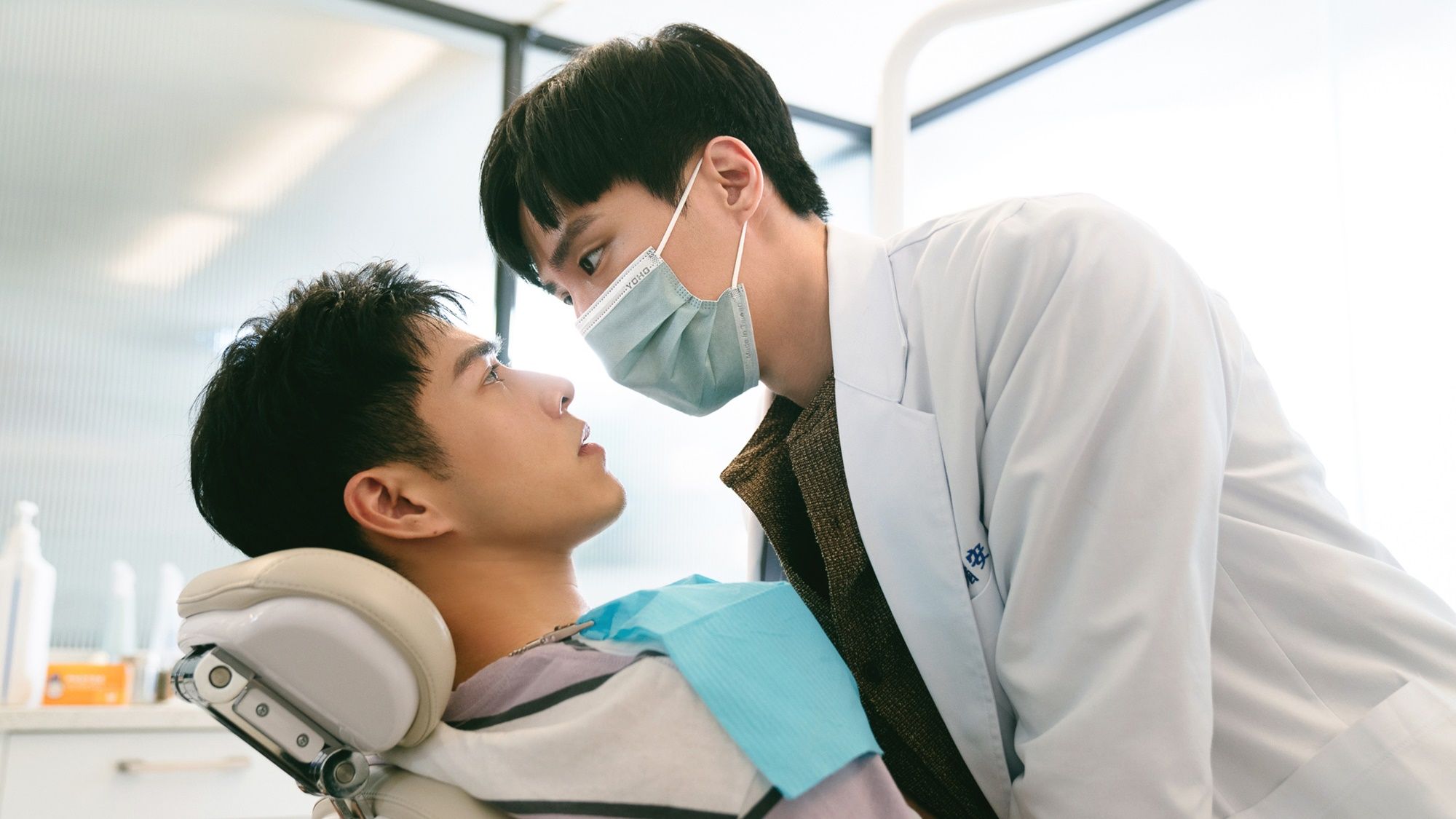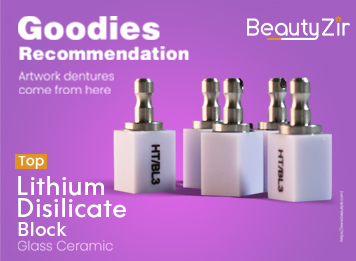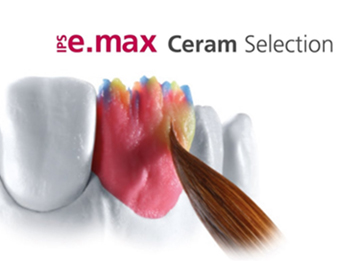
No matter how well-managed a dental clinic is, it is inevitable that patients will express dissatisfaction and file complaints.
If a dental clinic handles patient complaints and grievances well, it can not only enhance patient loyalty but also improve the clinic’s image.
However, if handled poorly, not only will the clinic lose patients, but it will also bring negative impacts.
It is crucial to correctly understand the significance of patient complaints; grievances and complaints are the lifeblood of doctor-patient relationship.
Today, we have compiled a method for dental clinics to handle patient complaints, hoping to be of help.
1. **Active Listening**
Patients who complain are often emotionally charged, so it is important to welcome them promptly and listen attentively, understanding the detailed circumstances and the patient’s basic demands.
Listen more and speak less, and do not argue. If the issue is simple and clear, a brief explanation can be given.
2. **Establish a Patient Complaint Log**
Upon receiving information about a patient’s complaint or grievance, the dental clinic should record it on a form immediately, including the patient’s name, address, phone number, and the reason for the complaint. The form should be promptly passed on to the relevant clinic managers, with the recorder signing for confirmation.
During the logging process, the receptionist should be thorough and patient, listening and taking notes while the complainant speaks, and identifying the cause of the problem while capturing key factors.
Try to understand the entire process of the complaint or grievance. If something is unclear, ask for clarification in a gentle tone, avoiding confrontational language.
After the patient finishes speaking, repeat the problem back to them to confirm your understanding. After understanding the issue, you can ask the patient for their preferred solution.
3. **Sincere Apology**
For all complaints, a sincere apology should be offered immediately, regardless of whether the patient is right or wrong, as the situation has caused inconvenience to the patient.
If an investigation shows that the dental clinic was not at fault, a patient-friendly explanation is still necessary. If the clinic was indeed in the wrong, a sincere apology is even more important.
4. **Prompt Investigation**
After listening to the patient’s concerns, the clinic should take down the patient’s name and contact information, promising to respond within a set timeframe.
Then, quickly organize an investigation involving the relevant departments, including the staff member involved and the functional departments, all of whom should take the matter seriously and not delay.
The investigation should be based on facts and guided by regulations, aiming for truthfulness and objectivity. A response to the patient is usually required within three working days, with more complex cases needing up to seven working days.
If the complaint is in writing, a written response is also necessary.
5. **Scientific Treatment**
After investigation, if the dental clinic was at fault but no harm was done, an apology may suffice.
If serious consequences occurred and they are related to the clinic’s error, scientific examination and timely treatment are needed to prevent further deterioration of the situation, causing pain to the patient and loss to the clinic, and arrangements should be made for related expenses.
6. **Internal Disposition**
After handling the complaint, the dental clinic should also investigate according to regulations and inform the patient that the clinic will deal with the responsible party based on the facts. This may include legal, administrative, or economic measures.
Additionally, it is necessary to speak with the clinic’s staff involved, explaining the reasons for the action and listening to their feedback, ensuring they are convinced. Also, accept complaints from medical staff, providing them with a way to assert their rights.
7. **Continuous Improvement**
It is normal for errors to occur in dental clinic services, but the goal of management is to prevent the same mistakes from happening again.
This requires managers to conduct research, analyze the reasons, propose suggestions, and continuously improve, including process improvements, system enhancements, and mechanism adjustments.
The dental clinic should also maintain records, statistics, and reports on these service complaints. Analyze the basic patterns of complaints and propose suggestions for future management improvements.
The satisfaction of our patients is the quality standard of our clinic management, and learning to consider issues from the patient’s perspective is also a necessary business philosophy.
In your experience, have you encountered patient complaints? How did you skillfully resolve them? Are there other better methods for handling patient complaints? We welcome everyone to share and discuss in the comments section.




Leave a Reply